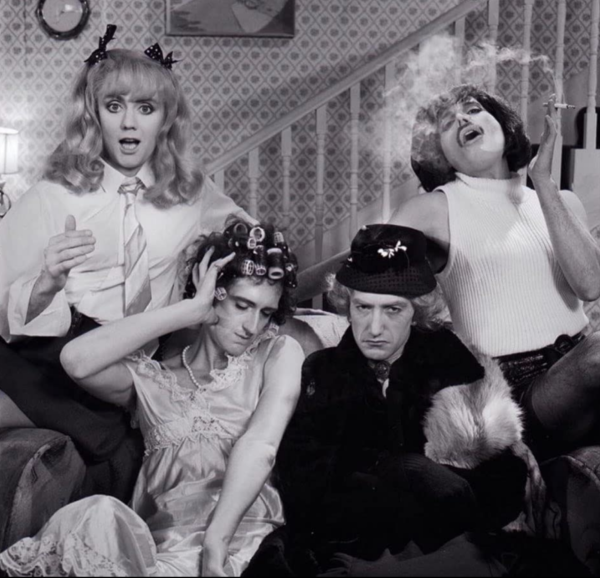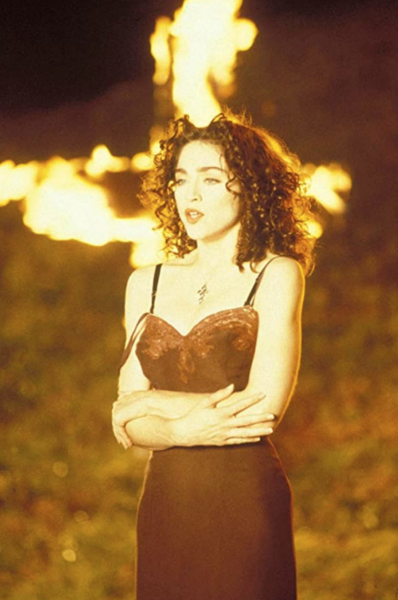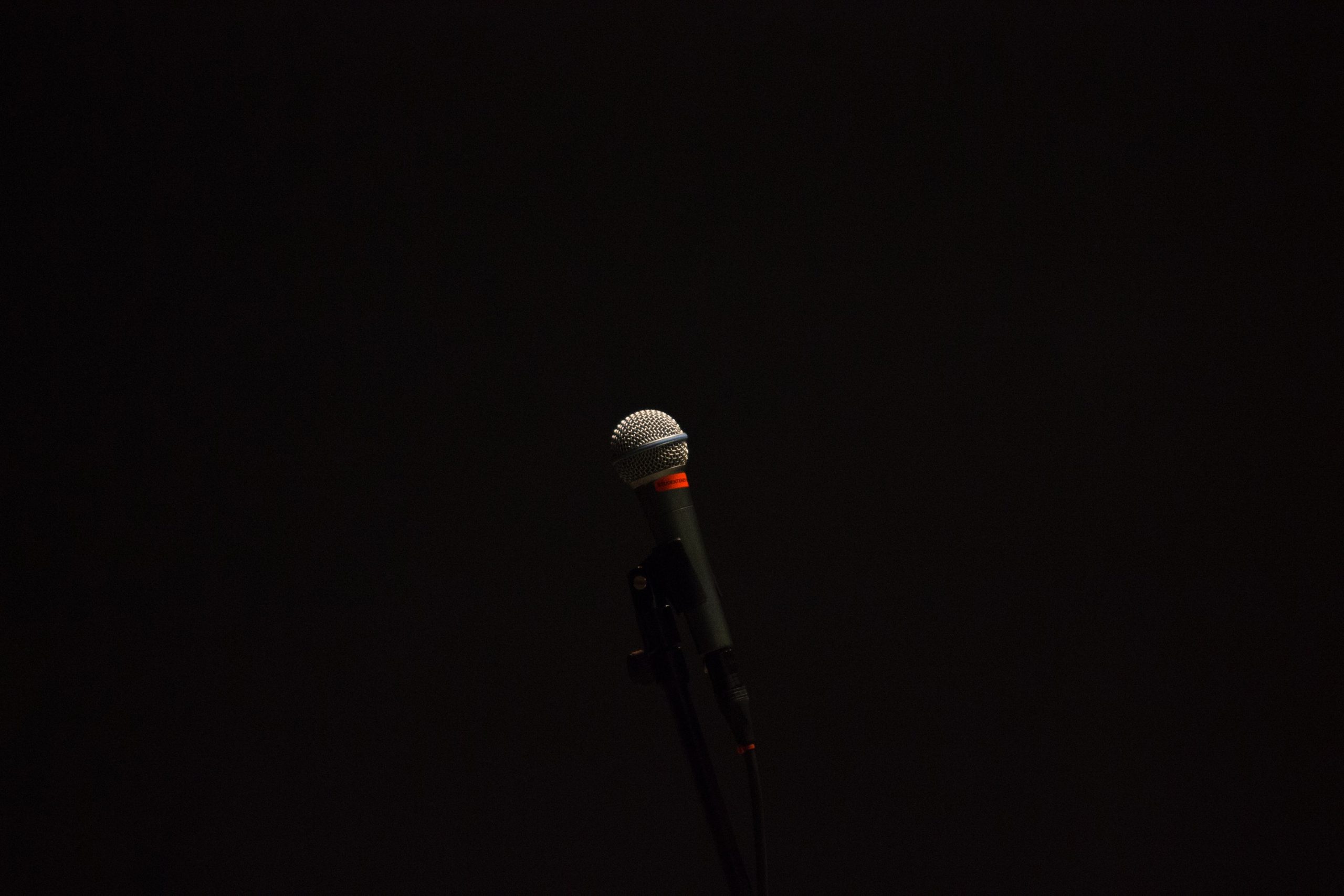Opinion: Freedom of speech is a responsibility, not a privilege
In today’s world, morality and truth are up for debate.
Some believe that the biggest threat to freedom is regulation from the government. They believe individuals should be trusted to manage their rights without infringing on others. However, a vital component to self-regulation is accurate information, and we are living through a misinformation epidemic that has the capability to be catastrophic if limited censorship is not accepted.
Censorship is not a new concept or a historically liberal one. There are rules prohibiting T.V. shows from saying offensive or profane words. All movies are given ratings that indicate what maturity level is appropriate — children under 17 are not allowed to watch R rated movies without a consenting adult present. Most recently, censorship is used to protect children on the internet from pornography and other potentially harmful materials.
These are all forms of censorship that we as a society have decided to accept because they protect the vulnerable. Most importantly, none of these forms of censorship eliminate an idea from existence. It’s a matter concerning maturity level, not substance.
Right now, some conservative GOP lawmakers are fighting Twitter, Facebook, and Instagram’s efforts to inhibit the spread of misinformation by attaching disclaimers to false or ambiguous posts. Some conservatives are also outraged at the media’s efforts to be more aware and accepting, and less offensive and tone-deaf. This is ironic because American censorship has roots in Western conservative values.
The 1980’s was the era of sex, drugs, and rock ‘n’ roll; it is no surprise that it is also the era of tightening restrictions on artists and musicians.

Queen on set of the music video for I Want to Break Free (1984) (From left to right: Roger Taylor, Brian May, John Deacon, & Freddie Mercury) (IMDB)
For example, Queen’s music video for “I Want to Break Free” was banned from MTV because it featured cross-dressing. The video did not encounter resistance anywhere else in the world, but conservative values were so central to American culture that censorship of the video went unquestioned.
Censorship was commonplace and most artists dealt with some form of it in the 1980’s, but no one was censored more often than Madonna.
Madonna was no stranger to controversy or condemnation. In 1984 Madonna released her song, “Like a Virgin,”and it caused so much discomfort that religious congregations and parents questioned if the song should be aired on the radio, which only drove album sales up. Like a Virgin was controversial because it dealt with female sexuality and challenged the conservative idea that young women are defined by their virginity.
In 1989, Madonna released her song “Like a Prayer,” also a massive hit. The song itself was not controversial but Madonna’s music video sent shock waves through the religious and conservative world. The video was so disturbing to some that the Catholic Church officially condemned Madonna.
Why was the video so upsetting? Because it dealt with difficult issues like religion and interracial harmony. Religious circles were also disturbed by the way Madonna related amorous infatuation to religious passion and fervor.
While her songs and videos caused discomfort, were they harmful? No — Madonna was challenging, but not threatening.
Madonna’s work was fostering debate, asking her viewers to question the norms they had been raised with. Censoring her was not an act of protection, but an attempt to stifle uncomfortable conversations and new ideas — a fundamental difference from the limited censoring we see on social media platforms today.

Madonna in the music video for “Like a Prayer” (IMDB)
It is important to make the distinction between what type of censorship is harmful and what is helpful. This is a dangerous line to walk, but worthwhile and vital to our democracy. If we cannot learn to be responsible with our words they become meaningless — even the word freedom.
Posts discrediting the election and minimizing the danger of COVID-19 are dangerous. The former could destroy our democracy and the latter causes unnecessary death. Disclaimers that notify the public that the posts they are reading on social media are not factual or are not supported by credible sources are not restrictive — they are preventative and protective.
The United States prides itself on the expansive rights it bestows on its citizens. It is not uncommon to hear an American say “it’s a free country, I can do what I want.” While this is true, it is sad that the citizens of this country do not recognize the responsibility that accompanies the freedom they enjoy as enthusiastically as they do their privilege.
We must realize that choosing to exercise our freedom of speech in a harmful way is shirking the responsibility that comes with that freedom. It is time for us to acknowledge that words carry weight, lies cause destruction, truth is not malleable, and censorship can be beneficial if used correctly.

Addy Kirkham is a senior studying English with an emphasis in literary analysis. She enjoys reading, running, and mountain biking.
addy.kirkham@usu.edu


There are no comments
Add yours